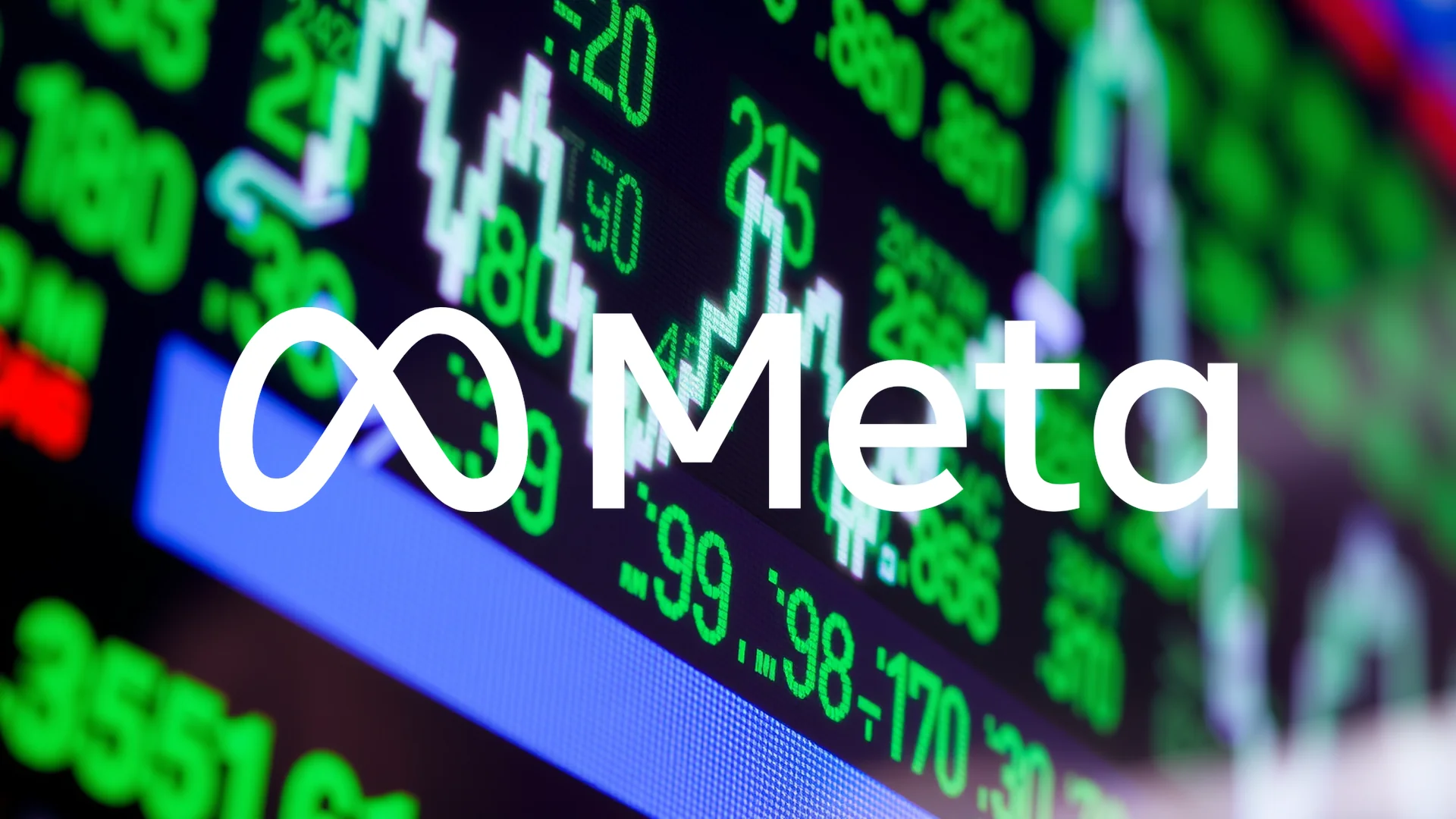After a turbulent period for investors, Meta appears to be charting a new course that could significantly alter the competitive dynamics of the AI chip market. Recent developments suggest the social media giant is actively working to reduce its substantial reliance on Nvidia’s hardware, a move that sent ripples through the semiconductor sector.
Legal Victory and Strong Fundamentals
Before delving into the strategic shift, it’s important to note the favorable legal development that recently removed a significant overhang from Meta’s valuation. A federal judge dismissed the long-standing antitrust case brought by the FTC, which had potentially threatened the forced divestiture of Instagram and WhatsApp. This resolution allows market participants to refocus on the company’s robust underlying business performance, particularly its advertising segment, which continues to deliver double-digit growth powered by AI-driven optimization.
The Google Partnership: A Game Changer in AI Infrastructure
According to a detailed report from The Information, Meta is in advanced negotiations with Alphabet to incorporate Google’s custom tensor processing units (TPUs) into its AI operations. This potential alliance represents a fundamental strategic pivot aimed at breaking free from Nvidia’s hardware dominance.
The proposed implementation would occur in two distinct phases:
* Commencing in 2026, Meta would begin accessing these specialized chips through Google’s cloud computing platform.
* By 2027, the plan involves directly integrating Google’s processors into Meta’s proprietary data center infrastructure.
Should investors sell immediately? Or is it worth buying Meta?
Market reaction was immediate and telling. While Meta shares experienced upward momentum, Nvidia’s stock registered noticeable declines—a clear indication that investors perceive a genuine threat to the chipmaker’s market leadership position.
Addressing Investor Concerns Over Capital Expenditure
This strategic development arrives at a critical juncture for Meta. Following third-quarter results released in late October, the company faced substantial selling pressure, with shares declining significantly during November and still showing a loss of nearly 15% over a 30-day period. The primary concern wasn’t current profitability, which remained solid, but rather the projected surge in capital expenditures anticipated for 2026.
Investors had grown increasingly anxious about seemingly open-ended spending on AI infrastructure. The potential collaboration with Google now signals a commitment to fiscal discipline, demonstrating management’s active pursuit of more efficient and diversified approaches to meet enormous computational demands rather than exclusively depending on expensive Nvidia solutions.
Market Outlook: Establishing a Foundation
Meta is currently navigating a high-stakes strategic transformation that carries both significant risk and substantial potential reward. Should the company successfully balance massive AI investments with cost efficiency through the Google partnership, the recent sell-off may find its floor. Trading around 550 euros, the stock is attempting to establish support, though it remains approximately 22% below its 52-week peak. Market participants will be closely monitoring confirmation and specific details regarding the proposed agreement with Google in the coming weeks.
Ad
Meta Stock: Buy or Sell?! New Meta Analysis from February 8 delivers the answer:
The latest Meta figures speak for themselves: Urgent action needed for Meta investors. Is it worth buying or should you sell? Find out what to do now in the current free analysis from February 8.
Meta: Buy or sell? Read more here...











